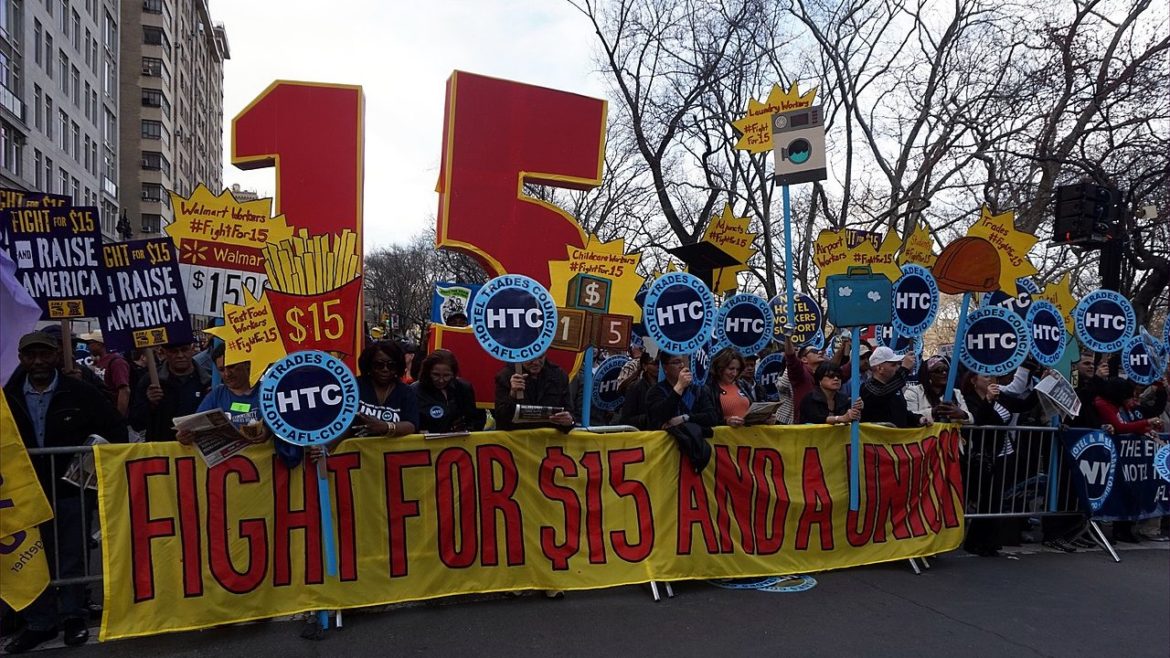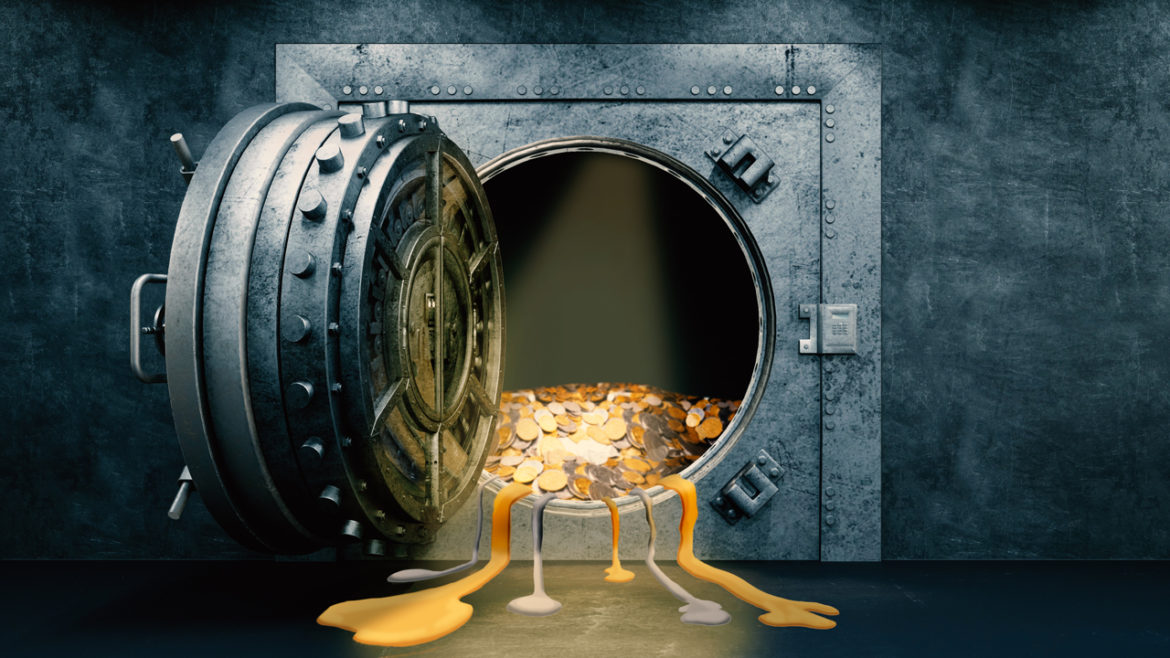Happy New Year from me and everybody at SchiffGold! Here’s hoping it is an absolutely fantastic year.
So, have you made any New Year’s resolutions?
The real minimum wage is always zero.
Restaurant workers in California are about to find that out the hard way.
Bills filed in Florida and Oklahoma for the 2024 legislative session would create state precious metals bullion depositories. State-run bullion depositories would not only create a place to store precious metals; they could also encourage the use of sound money in those states and set the stage to undermine the Federal Reserve’s monopoly on money.
Two days before Christmas in 1913, Woodrow Wilson gave the United States a Christmas gift that keeps taking. On that day, he signed the Federal Reserve Act into law, creating the US central bank.
Since that inauspicious day, the US dollar has lost 96% of its value.
What’s going on with US banks?
Over the last month, loans outstanding in the Federal Reserve bank bailout program increased by $17.24 billion. It was the second month we’ve seen borrowing from the Bank Term Funding Program (BTFP) surge. And the pace of borrowing is increasing.
The Federal Reserve recently surrendered in its inflation fight. But price inflation is nowhere near the 2% target. Why did the Fed raise the white flag prematurely?
One of the major reasons is debt.
The world is buried under record debt levels and the global economy can’t function in a high interest rate environment.
The Biden administration just ran the largest November budget deficit in history.
And it managed this feat even with a 9% increase in government receipts.
The Federal Reserve just surrendered to inflation.
Fed officials won’t call it a surrender. They’re claiming victory. But surrender is the effect of the policy trajectory laid out by the Federal Open Market Committee (FOMC) at its December meeting.













